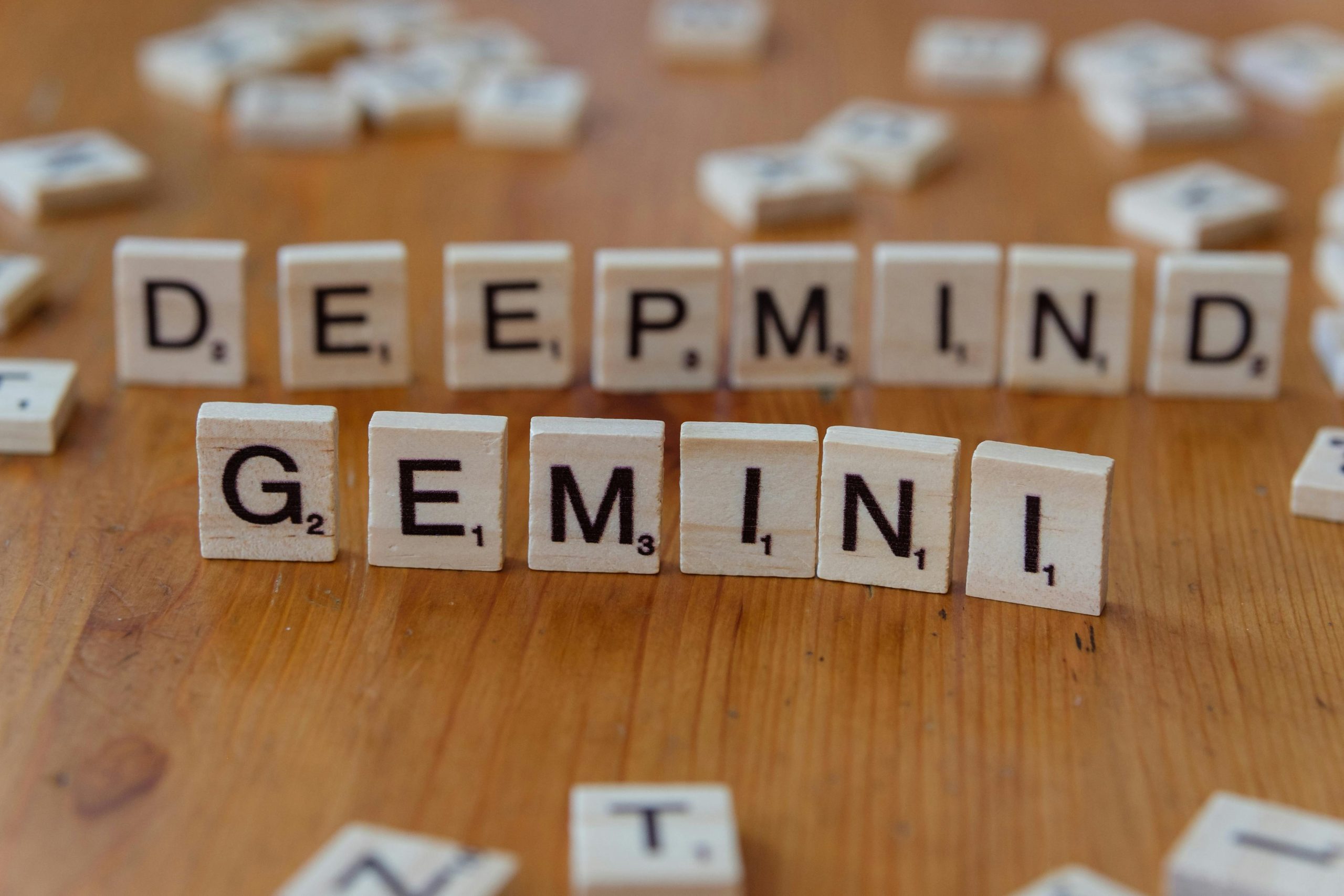I’m becoming very afraid about people that don’t realize the implications of AI. (And the its just a tool argument)
The Growing Concern Over AI’s Implications and Society’s Readiness
As advancements in artificial intelligence continue at a rapid pace, there is an increasing sense of unease among many experts and observers about the broader implications for society. While AI is often heralded as a powerful tool capable of revolutionizing industries and enhancing human life, it’s crucial to recognize the profound changes underway—and the potential risks associated with them.
Understanding AI’s Role and Potential
It’s important to clarify that I am not opposed to AI. In fact, I believe that AI and robotics should be harnessed to automate all kinds of jobs currently performed by humans. The goal should be to eliminate the need for humans to endure grueling, monotonous work solely to survive. Instead, our focus should shift toward a world where individuals have the freedom to pursue their passions, interests, and personal growth. Ultimately, being human should be about enjoying life, caring for our planet, and nurturing each other.
Recent Developments and Misconceptions
Despite this optimistic perspective, misunderstandings about AI persist. For instance, I recently discussed AI’s capabilities with someone who uses AI daily for coding and app development. They made a misguided analogy about AI’s role, which highlighted a common misconception.
I explained that the core challenges regarding large language models (LLMs)—such as hallucinations and understanding highly abstract concepts—have largely been addressed by the industry. While issues remain, major companies feel confident deploying AI for production purposes. Moreover, I pointed out that AI’s influence is already affecting employment: approximately 60% of Generation Z students struggle to find jobs after graduation, partly because of AI’s impact on labor markets and global wage pressures.
The Urgency of Adaptation
This individual acknowledged that AI has significantly advanced in just the past year, enabling them to accomplish tasks they couldn’t do before. Yet, they compared my awareness of AI to someone interested in bears who only reads about them but never studies or encounters them firsthand—suggesting I should “get out there” and find ways to profit from it.
This analogy misses a critical point. Even if AI becomes a mere tool, the reality is that many white-collar professions are vulnerable to automation. As AI replaces certain tasks, demand for these roles will decrease, pushing wages down due to supply and demand. Unemployment could surge to as high as 12% in the near future, and this figure doesn’t capture underemployment or those who have never worked. Many experts warn that unless














Post Comment